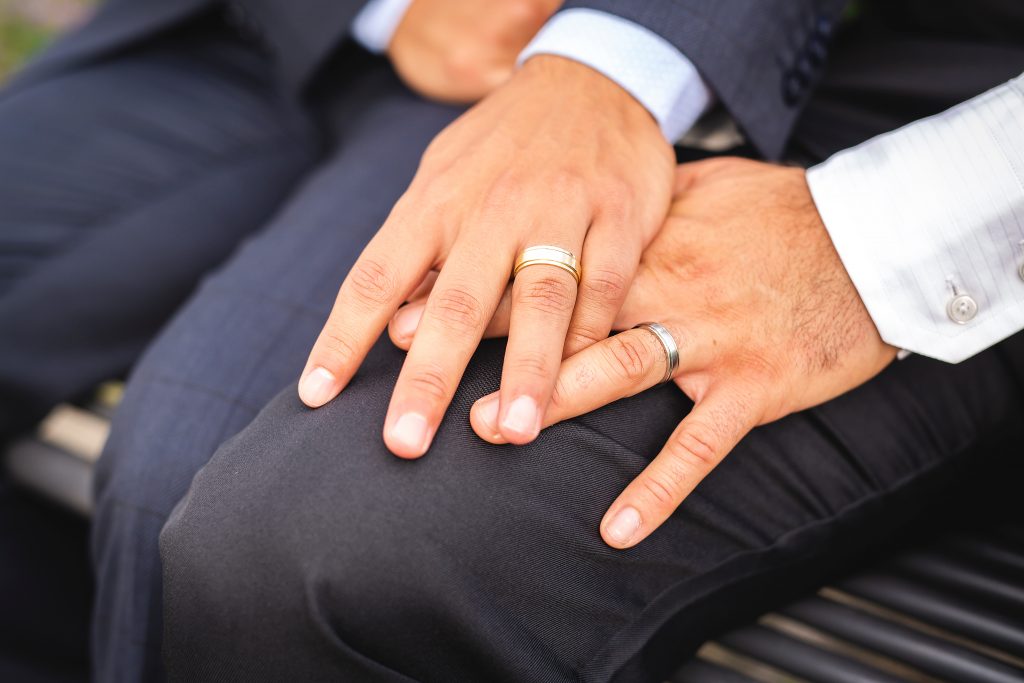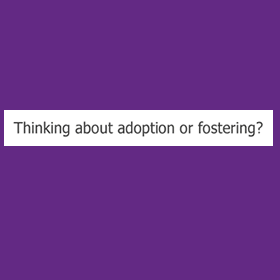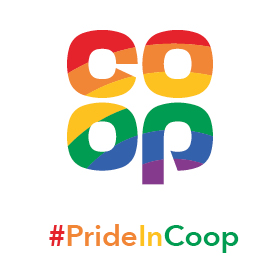2020 Numbers Lowest for Gay Couples Since 2005
Only 785 civil partnerships were formed between same-sex couples in England and Wales in 2020, compared with 6,925 marriages. In 2020, the number of civil partnerships in England and Wales saw its biggest yearly drop (21%) in 17 years.
Since the introduction of same-sex marriage in the UK on 13 March 2014, more couples are deciding to tie the knot with vows instead – with 6,925 marriages recorded in 2018. Additionally, a further 803 same-sex couples converted their civil partnership into a marriage.
For heterosexual couples, meanwhile, marriage rates have fallen for the third year in a row, according to the latest ONS data. They’ve reached a historic low of 20.1 marriages per 1,000 unmarried men and 18.6 marriages per 1,000 unmarried women.
It’s expected that the number of weddings – for all couples – will experience a post-pandemic boost in the coming months. In anticipation of this, family law experts are highlighting the importance of prenups before converting civil partnerships to marriage, building an extra layer of security into the commitment.
Civil partnership specialists, Rayden Solicitors, gathered the most recent ONS data to uncover trends and find the areas in the UK that still favour civil partnerships.
Where civil partnerships are still popular…
Many same-sex couples still opting for civil partnerships are doing it in London. With 264 civil partnerships between same-sex couples registered there in 2020, it’s the most favoured place in the UK for these same-sex ceremonies.
The number in the capital was nearly eight times more than in the next most popular location – Brighton (34). Next on the list come Greater Manchester (26), Kent (20) and Devon (18).
For heterosexual couples, London still proved to be a popular destination with 1,579 civil partnerships taking place in 2020, followed by Hertfordshire (217), Devon (215) and Hampshire (207).

Julian Bremner, Partner and Financial Arbitrator at Rayden Solicitors said:
“On paper, civil partnerships and marriage are almost identical. In terms of tax, pensions, inheritance, and next-of-kin issues, they’re the same. A small difference is that you end a civil partnership with a dissolution rather than a divorce, and adultery cannot be used as evidence. And, of course, there’s no religious aspect to a civil partnership.
This religious facet could be why some same-sex couples are now opting for marriage instead, or perhaps they want to exchange vows? For others, it could be important, symbolically, that they can now marry, just as a straight couple always could. Whatever a couple’s particular reasons for choosing – or choosing not to – marry, their ability to choose is the most important thing.”
Lorna Reeves, Founder and Director of Oh My Weddings, said:
“The battle for LGBTQ+ people to be allowed to have a marriage has been a long and hard-fought one, now couples are making the most of the right and privilege. For a long time, civil partnerships have had the implication of a second-class union, I cannot see the trend for them changing within the LGBTQ+ community. While civil partnership vs marriage is absolutely within the gift of those marrying, being able to marry your love and life partner for this group in society is not taken for granted.
I can’t see that civil partnerships will ever come back to popularity, sure, there will be those couples who prefer a civil partnership and the beauty in this case is choice. There is, certainly in society, in my experience, a stark perceived difference in civil partnerships and marriage; the perception is that they just don’t hold the same weight as marriage”
raydensolicitors.co.uk/areas/civil-partnership-dissolution-solicitors







